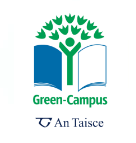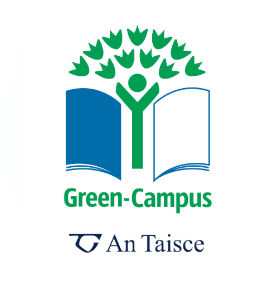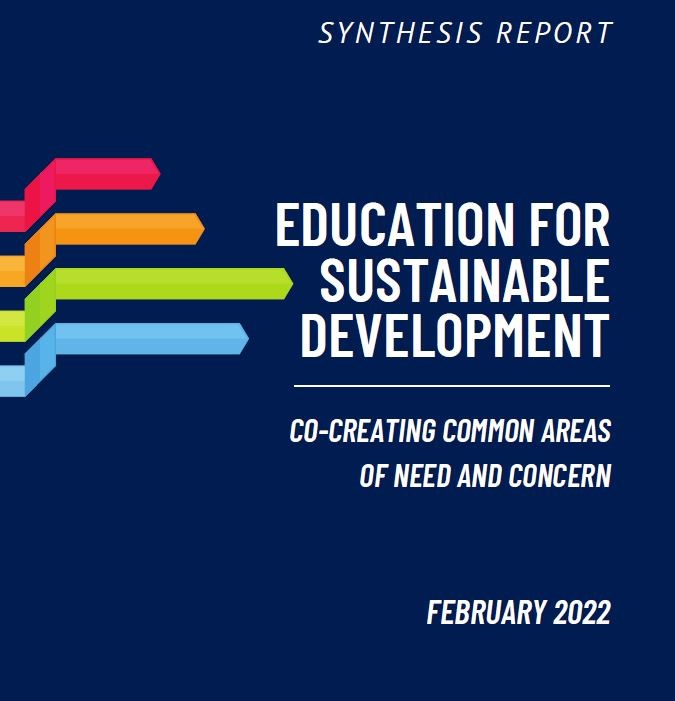Education for Sustainable Development – Co-creating Common Areas of Need and Concern
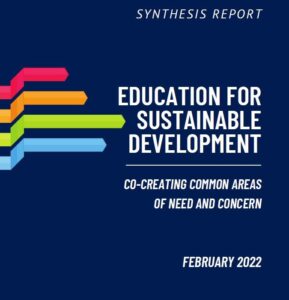
‘Education for Sustainable Development: Co-Creating Common Areas of Need and Concern’ is a recently published synthesis report based on two workshop sessions run by Green-Campus Ireland and UCC Green Campus in November 2021. This report is focused on identifying the common challenges and opportunities that exist in our current teaching and learning system in relation to integrating a comprehensive Education for Sustainable Development (ESD) curriculum across all third-level education institutes in Ireland.
ESD works to equip learners with the knowledge (the what), key skills (the how), and values (the why) of sustainability. ESD empowers individuals to make informed decisions and become proactive citizens who can work to address the interconnected global challenges associated with climate change. The Sustainable Development Goals act as a framework to address these challenges.
These workshops brought together representatives from 15 different institutions from across the country during which attendees participated in open discussions to identify existing obstacles to ESD and potential collaborative solutions. Both students and staff were invited to attend these sessions to facilitate open dialogue and meaningful peer-to-peer collaborations.
Key Challenges
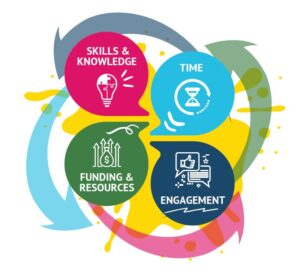
The key challenges to the implementation of an ESD curriculum as identified by workshop participants include:
- Lack of free time available to students and staff to engage with sustainability.
- Insufficient resources and support available to teaching staff (including funding and training).
- Lack of skills and knowledge amongst staff to integrate sustainability into their teachings.
- Inadequate support for ESD from higher-level management.
- Difficulty engaging with individuals who lack an interest in sustainable development.
Opportunities
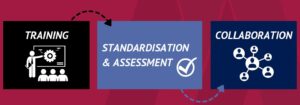
Principal opportunities available to facilitate the creation of the ESD curriculum include:
- Developing comprehensive professional development training around sustainability, with an emphasis on peer-to-peer learning.
- Utilising the existing Green-Campus Network to facilitate the development of an inter-disciplinary ESD curriculum.
- Developing a standard for ESD across all further and third-level institutions.
The importance of collaboration and unity when pursuing sustainability targets is a key takeaway from this report. Community is central to climate activism, and through the sharing of resources, expertise, knowledge, we can support each other and make significant progress towards achieving shared sustainable development goals. Climate change is the common concern of humankind and it is only through collective effort that we will be able to mitigate the worst impacts of climate change.
The importance of including students in the developmental process of this curriculum is clear. Students are key stakeholders in third-level education and they can offer a unique insight into the academic experience in Ireland. By working with students as equal co-creators and listening to their needs and concerns, an inclusive and engaging ESD curriculum can be created and implemented.
By equipping our staff and students with this critical knowledge, they will be empowered to act as agents of change within their respective disciplines, institutions, and local communities. While there are significant challenges associated with the development of a standardised ESD curriculum, there is also an array of great opportunities to facilitate the development of this curriculum which will enhance both teaching and learning experiences in Ireland.
This project was funded by Ireland’s National Forum for Enhancement of Teaching and Learning in Higher Education and it is hoped that the findings of this report will act as a call to action and accelerate the integration of sustainability within and across disciplines in further and higher-level institutes across Ireland. Read the full report here.
Report Authors: Niamh Guiry, John Barimo, Edmond Byrne, Catherine O’Mahony, Darren Reidy, Dara Dever, Ger Mullally, Maria Kirrane, and Michael John O’Mahony.
